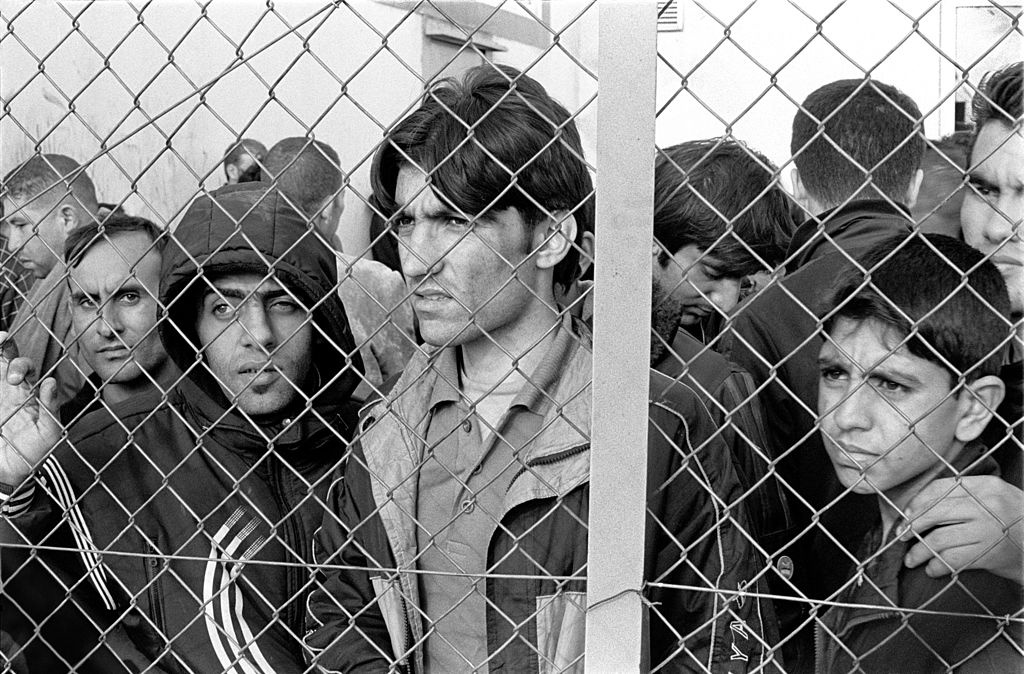As a network committed to the preservation of human life and dignity, MARFA vehemently calls for serious consideration of the plight of refugees and displaced persons amid a military escalation in Syria and direct clashes between Turkish and Syrian forces, and we call for political solutions to the ongoing crises and conflicts, and the cessation of interference in the internal affairs of any country.
Turkey has declared its western borders open to migrants and refugees as a pathway into the European Union which has led over 13,000 people to amass on Turkey’s land border with Greece. Turkish President Recep Tayyip Erdoğan essentially framed this move as a tactic to pressure the European Union to “keep its promises” and better support Turkey in hosting refugees. The statement and action indicate Turkey’s diversion from its 2016 agreement with the EU to halt the flow of people into the EU in return for funds amounting to €6bn. Consequently, thousands of migrants have moved towards Europe where they have been met with hostility and violent crackdown on the Turkey-Greece border, which is heavily militarized on both sides.
The response from the Greek authorities, as per the Greek Prime Minister’s, Kyriakos Mitsotakis, recent statements, has been to invoke Paragraph 6 of EU Regulation 2016/399[1], regarding the governance of internal and external borders, in a way that criminalizes and stigmatizes migrants, refugees, and asylum seekers. Mitsotakis also made reference to the current global health emergency relating to the Coronavirus (COVID-19), specifically stating that “the migrant issue now takes a new dimension, as the flows to Greece include people from Iran – where there were many Coronavirus cases – and many pass through Afghanistan,” continuing that the government of Greece “will do everything in our power to avoid appearance of the virus.”
We highlight and reiterate statements by Josep Borrell, the EU Foreign Policy Chief, regarding the potential consequences of these developments “causing unbearable humanitarian suffering and putting civilians in danger,” and we call upon all relevant actors to heed these words and act to mitigate the consequences through proper and immediate actions. For the EU, this requires a stronger commitment to their part of the deal: developing adequate procedures for asylum processing, properly addressing the approximately 20,000 people stranded on Greece’s islands, and accepting adequate numbers of refugees and asylum seekers.
The official EU-Turkey statement[2] of 18 March 2016 frames a commitment “to offer migrants an alternative to putting their lives at risk.” However, it is evident that existing risks have not been properly mitigated, and new dangers have risen. As a Network, we reaffirm a steadfast rejection of actions and attitudes that blatantly position migrants, refugees, and asylum seekers as scapegoats and political pawns.
We are committed to advocating for granting refugees and asylum seekers rights in countries of asylum and, thus, urge the international community to:
· Refrain from engaging refugees in interstate conflicts, which thereby increase their vulnerability
· Commit to its international responsibility vis-à-vis standards of international law and specialized agreements
· Facilitate safe, efficient procedures for asylum and migration
· Improve and continue search and rescue operations
[1] https://eur-lex.europa.eu/legal-content/EN/TXT/?uri=celex%3A32016R0399
[2] https://www.consilium.europa.eu/en/press/press-releases/2016/03/18/eu-turkey-statement/


